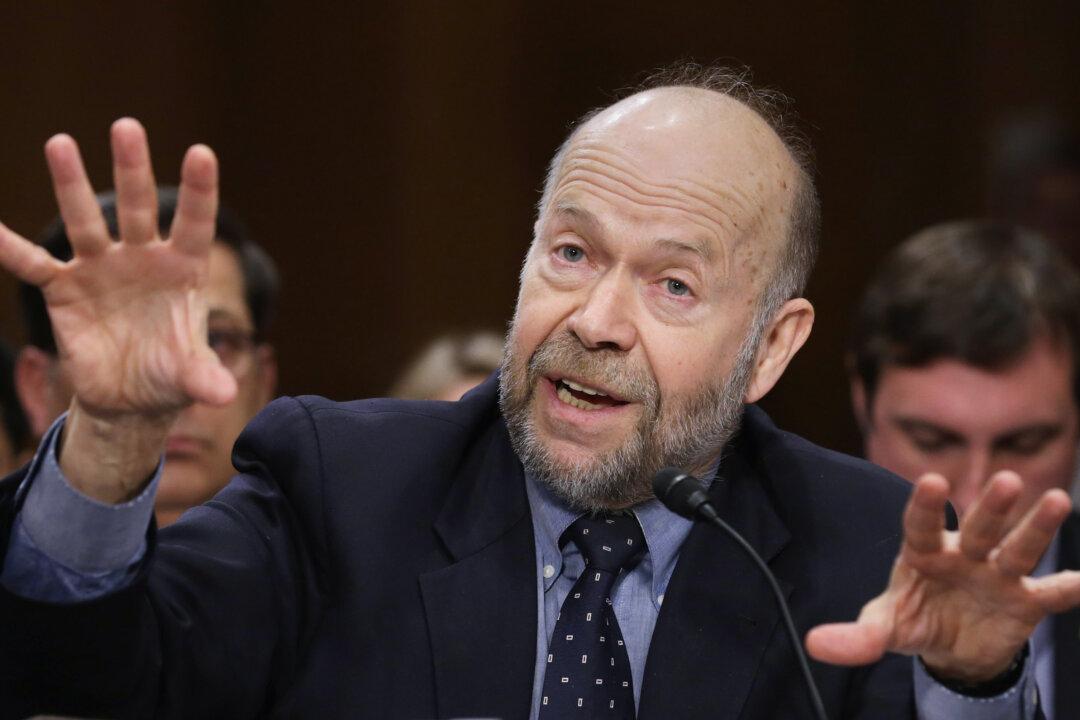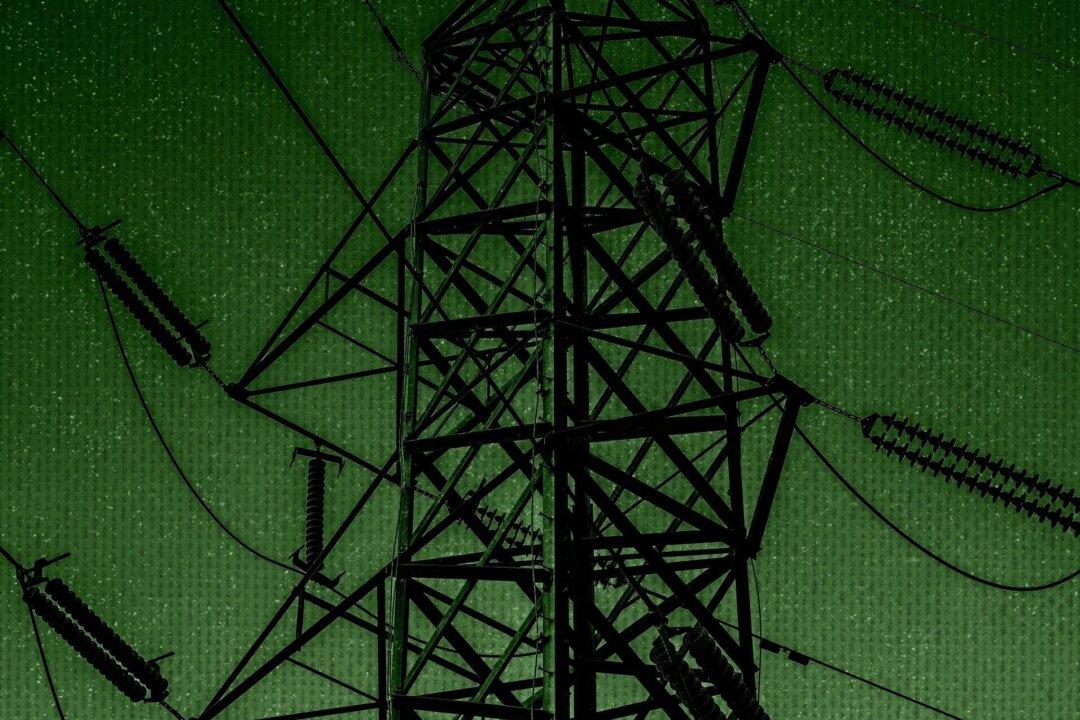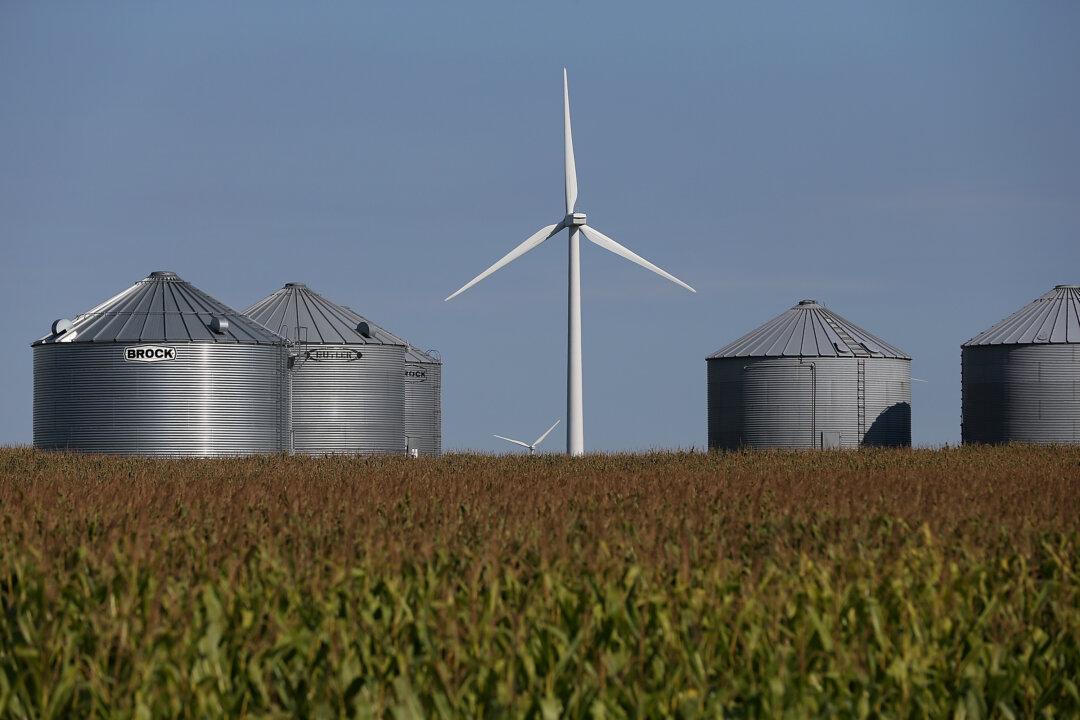President Obama has run out of excuses on the Keystone XL pipeline.
That’s the only conclusion one can draw from a recent State Department environmental impact report. Officials found that the development of the pipeline—which would connect Canadian oil sands with Gulf Coast refineries—will not significantly affect levels of greenhouse gas emissions.
The report deprives the president of any justification for continued delay. He has said that his sole reservation about the project is its potential to exacerbate global warming. This analysis from his own State Department puts such concerns to bed.
Unfortunately, the president is still stalling. He just announced that he will wait on a recommendation from Secretary of State John Kerry and the reviews of various other federal agencies before moving forward with a decision on Keystone.
Ironically, Obama’s indecision could lead to even higher carbon dioxide (CO2) emissions in the long run.
As this new State Department report makes clear, Canada plans to develop and sell the produce of its oil sands whether America approves Keystone XL or not. Any increase in carbon emissions that may result from development of the oil sands is inevitable. Building or not building Keystone won’t make a difference.
Indeed, without the pipeline, Canada will likely choose to export its oil via alternate modes of transportation. The country’s Energy Board just approved a $6.5 billion pipeline that will ship 525,000 barrels of oil per day from Alberta to tankers on the Pacific Coast in British Columbia. The final destination? Asia, most likely.
This alternative future—with Canadian oil heading across the Pacific instead of flowing down a pipeline to American refineries—is bad news for the environment.
According to an analysis from the Consumer Energy Alliance, shipping Canadian oil to China by tanker is 97 percent more carbon-intensive than transporting it via Keystone. An oil tanker travelling from Canada to China produces almost twice as much carbon dioxide per barrel as the pipeline.
What’s more, without Canadian oil, the United States would likely resort to importing crude from the Middle East. That would also raise national carbon emissions—by as much as 50 percent.
Shipping in oil from more distant suppliers will likely cost more as well, meaning that Americans will have to pay higher prices at the pump.
Approving Keystone, on the other hand, would strengthen our strategic relationship with our friendly neighbor to the north while creating jobs and growing the economy here at home.
Building the pipeline would generate 9,000 positions for skilled construction workers and support an additional 7,000 U.S. manufacturing jobs. According to the Canadian Research Institute, the pipeline will contribute $172 billion to U.S. GDP by 2035.
A recent analysis by IHS Global found that an annual average energy infrastructure investment of up to $95 billion would support almost 1.15 million domestic jobs over the next 11 years. As the largest energy infrastructure project currently proposed in the United States, Keystone XL could bring us one step closer to this reality.
There are also clear political benefits to approving Keystone XL. Polls show roughly two-thirds of the American public favor its construction.
It’s high time for the president to stop stalling the permitting process and approve the pipeline.
We have been waiting on his decision for over five years—that’s longer than it took our country to win World War II. With the latest State Department report, President Obama can no longer deny the facts. He’s run out of reasons for delay.
Keystone XL will not harm, but help, the environment. Approval will also give our economy a timely boost. It is time for reason to prevail over misspent emotion and symbolism in the great oil pipeline debate.
Robert L. Bradley Jr. is CEO and founder of the Institute for Energy Research and the author of seven books on energy history and public policy.
Opinion
Approve Keystone XL for the Environment
Canadian oil heading across the Pacific instead of flowing down a pipeline to American refineries is bad news for the environment.

Atmospheric physicist and Columbia University Earth Institute adjunct professor James Hansen testifies before the Senate Foreign Relations Committee during a hearing about the proposed Keystone XL pipeline project, in Washington, D.C., March 13, 2014. The committee heard testimony from proponents and opponents of the pipeline, which would carry tar sands oil from Canada to the United States for production and refinery. Chip Somodevilla/Getty Images
|Updated:
Robert L. Bradley Jr. is the founder and CEO of the Institute for Energy Research and a senior fellow of the American Institute for Economic Research (AIER). He is author of eight books on energy history and public policy and blogs at MasterResource. Bradley received a B.A. in economics from Rollins College, an M.A. in economics from the University of Houston, and a Ph.D. in political economy from International College. He has been a Schultz Fellow for Economic Research and Liberty Fund Fellow for Economic Research, and in 2002 he received the Julian L. Simon Memorial Award for his work on energy and sustainable development.
Author’s Selected Articles




